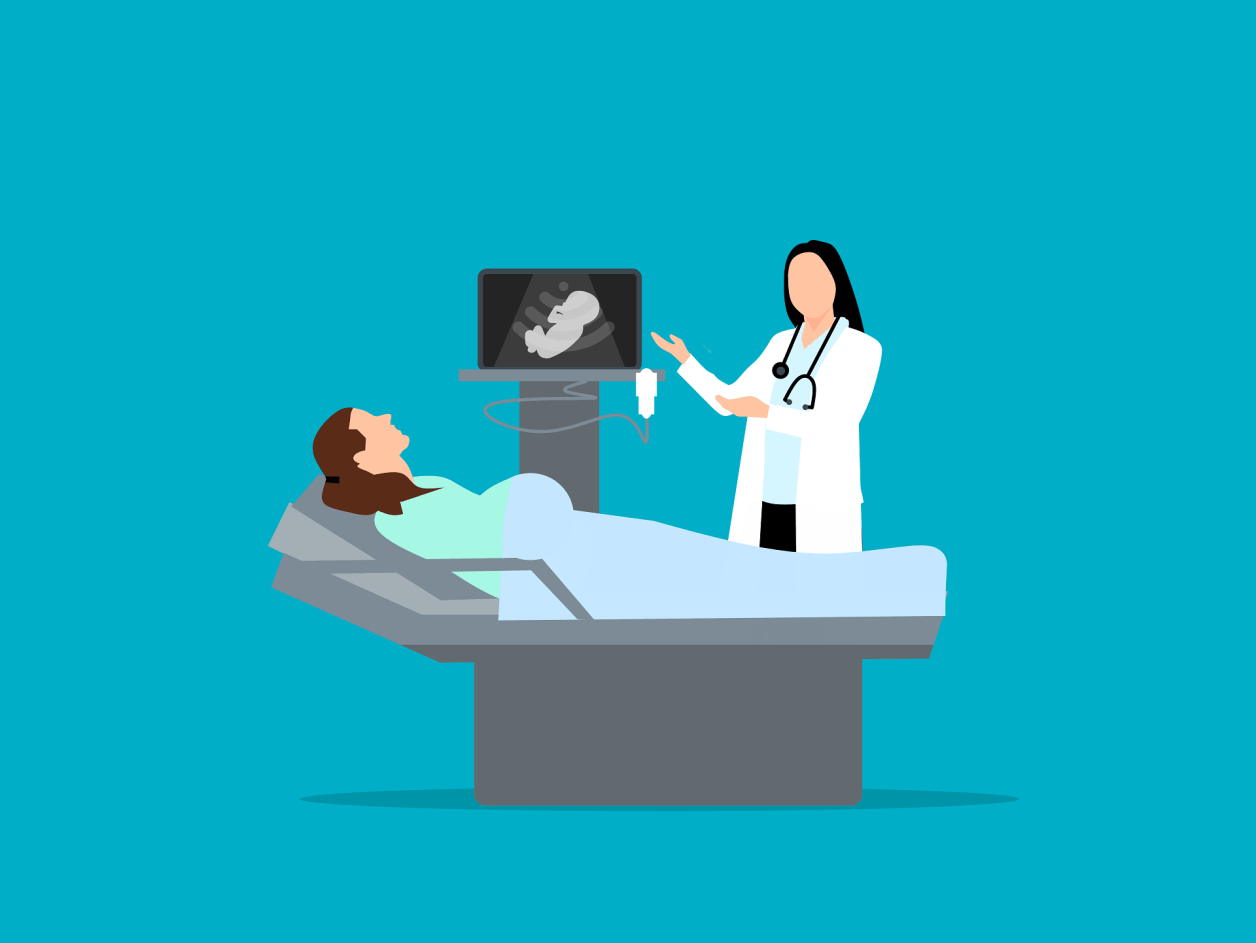
Virtual Assistants for Health Care

Virtual Assistants for Health Care
The demand for efficient, patient-centric services has never been higher. Enter virtual assistants (VAs), a powerful resource that's reshaping the healthcare industry.


Healthcare facilities are often overwhelmed with administrative tasks. VAs excel at handling appointment scheduling, insurance verification, medical billing, and data entry. This streamlines operations, reduces administrative burdens on staff, and minimizes errors.
The rise of telemedicine has created a new demand for virtual assistance. VAs assist with scheduling virtual appointments, setting up video conferencing, and providing technical support to both patients and medical professionals.


VAs provide patients with valuable health information, preventive care tips, and guidance on managing chronic conditions. They promote health literacy and empower patients to make informed decisions.
Healthcare is subject to stringent regulations. VAs help healthcare organizations stay compliant with laws like HIPAA by implementing protocols, conducting audits, and ensuring secure data handling.
VAs monitor patients remotely, collecting data on vital signs, medication adherence, and overall health. This information is then shared with healthcare providers for timely interventions.
In an era of evidence-based medicine, VAs contribute to medical research by collecting and analyzing data. They assist in clinical trials, literature reviews, and data mining, accelerating medical advancements.